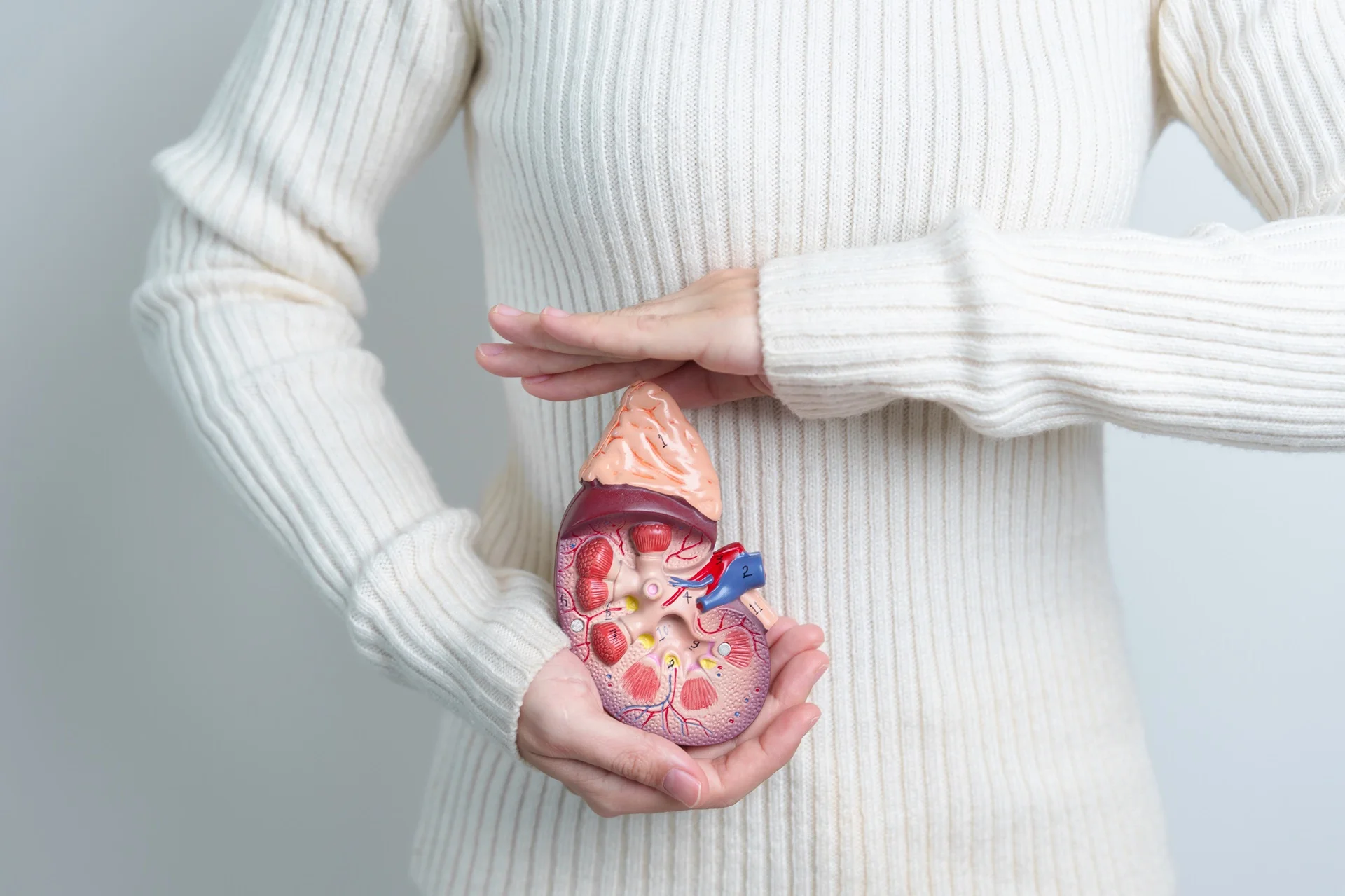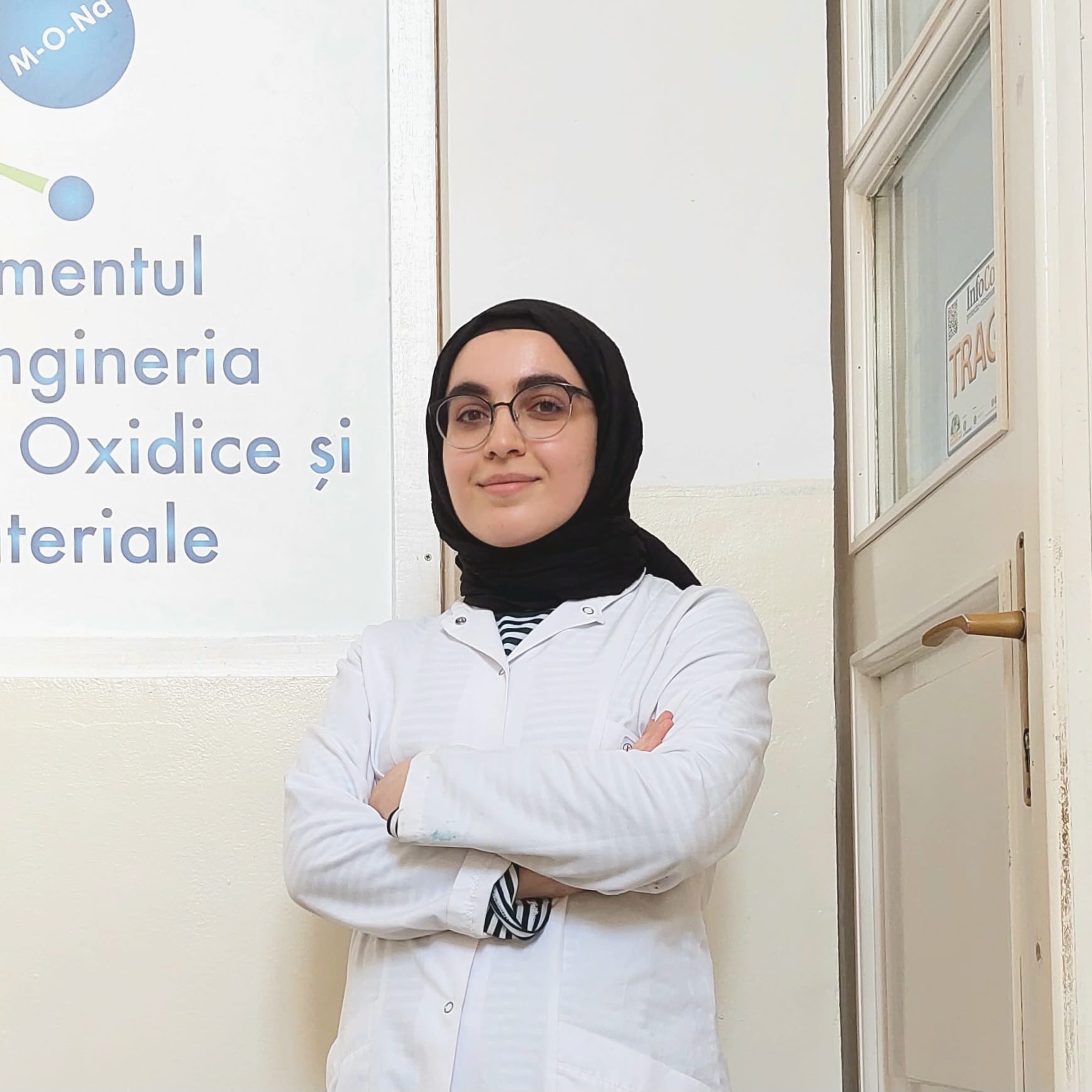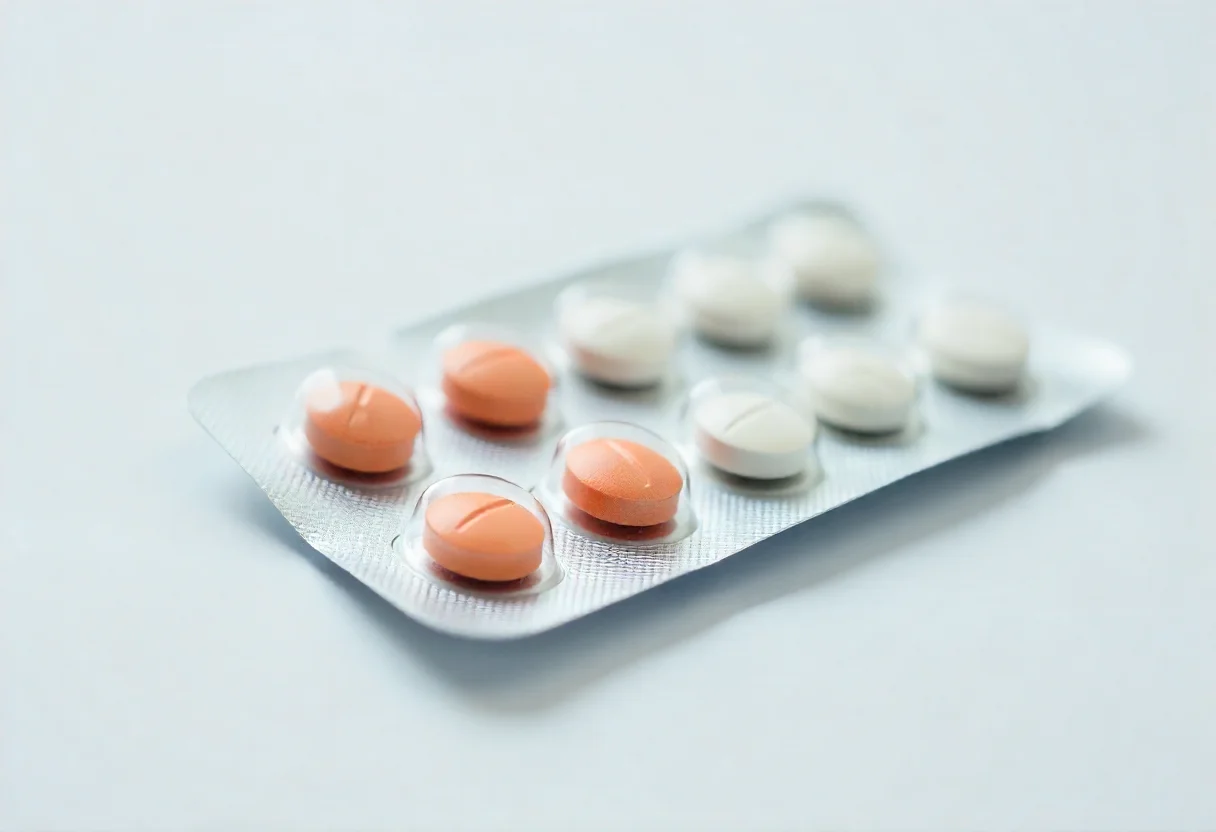
Polycystic ovary syndrome (PCOS) is a hormonal and metabolic disorder characterized by menstrual irregularities in reproductive women, which has become quite common in recent years.
PCOS can be caused by various factors such as genetic predisposition, eating habits, irregular lifestyle, inflammatory activity, and obesity.
PCOS causes symptoms such as high androgen hormone, which is one of the male hormones, thyroid hormone imbalance, high prolactin hormone, high sugar, and cholesterol levels in the blood, and insulin resistance. Ovulation slows down and stops due to high levels of follicle-stimulating hormone (FSH), which enables the maturation of eggs in the ovaries, and Luteinizing Hormone (LH), which allows ovulation. Eggs that cannot be expelled by ovulation become cysts. Lack of ovulation causes irregular menstruation. In case of high androgen hormone levels, symptoms such as male pattern hair growth, hair loss, oily skin, and acne occur. High cortisol levels during PCOS are associated with inflammation, insulin resistance, increased stress, and anxiety. Hypertension, mood swings, and depression are also symptoms often seen with PCOS.
The most widely accepted diagnostic criteria for the diagnosis of PCOS are the ‘Rotterdam criteria’ developed in 2003, and according to these criteria, at least two of the following three features must be present for the diagnosis of PCOS:
1. Oligo-anovulation: Infrequent or irregular ovulation.
2. Hyperandrogenism: High androgen (male hormone) levels.
3. Polycystic ovary appearance: On ultrasonography, there is a polycystic appearance of the ovaries (at least 12 small follicles in each ovary or an increase in ovarian volume).
In recent years, these criteria have become more detailed. Anti-Müllerian hormone (AMH) levels, which indicate the quality of ovarian reserve in women, have been added as an alternative marker to ovarian ultrasound. AMH levels are evaluated in the diagnosis of PCOS in adult women.
A multidisciplinary approach and detailed evaluation of individual symptoms are recommended to diagnose PCOS. Metabolic factors such as irregular menstrual cycle, increased body hair growth (hirsutism), and insulin resistance should be particularly considered.
Multifaceted approaches are recommended in the treatment of PCOS. Treatment varies depending on the severity of symptoms, the patient's lifestyle, and pregnancy plans.
Lifestyle Changes: The strategy recommended as the first step in the treatment of PCOS is lifestyle changes. Regular exercise and healthy eating help weight loss by reducing insulin resistance. Studies have shown that these changes are effective in correcting hormonal imbalances and ensuring menstrual regularity.
Insulin Sensitivity Enhancing Drugs: Drugs such as metformin, which are used to reduce insulin resistance, are widely used, especially in patients with insulin resistance. Metformin can help regulate the menstrual cycle and prevent the development of type 2 diabetes in the long term.
Hormone Therapies: Birth control pills are commonly used to control the symptoms of hyperandrogenism (high androgen hormone levels). These drugs are effective in reducing skin problems and excessive hair growth. They also regulate menstrual irregularities.
Ovulation Enhancers: For women who want pregnancy, ovulation can be stimulated with drugs such as clomiphene citrate and letrozole.
These treatment approaches aim to control symptoms and prevent long-term health risks. The treatment plan should be tailored to individual needs and should be carried out with a multidisciplinary approach.
- Vitamin D and calcium: Studies have shown that vitamin D and calcium supplements have favorable effects on insulin resistance and triglyceride levels, especially in women with PCOS whose vitamin D is deficient.
- Zinc, selenium, and chromium: The effects of micronutrients such as zinc, selenium, and chromium on PCOS symptoms have been studied. Zinc sulfate has been shown to improve glucose, insulin, and triglyceride levels; selenium and chromium supplements have similarly been reported to favorably affect insulin sensitivity and lipid metabolism.
- Inositol: Inositol is used in two main forms, specifically Myo-inositol and D-chiro-inositol. Studies suggest that inositol has beneficial effects on metabolic and reproductive health. Myo-inositol increases ovulation and regulates the menstrual cycle in women with PCOS by reducing insulin resistance. This may increase pregnancy rates and promote ovulation.
- Omega-3: Omega-3 fatty acids may help reduce serum cholesterol, triglyceride, and low-density lipoprotein (LDL) levels in PCOS patients. It may reduce cardiovascular risk, especially by being effective in lowering triglyceride levels. Omega-3 fatty acids also contribute to the reduction of insulin resistance, which helps manage metabolic irregularities in women with PCOS.
It is suggested that nutritional strategies in PCOS should be individualized and that weight loss may help to correct hormone imbalances.
Low glycemic index foods: Foods with a low glycemic index (whole grains, legumes, vegetables) are absorbed slowly and do not cause spikes in blood sugar levels. Studies have shown that low GI diets reduce insulin resistance, increase ovulation, and contribute to weight loss.
Anti-inflammatory Nutrition and Omega-3 Fatty Acids: Diets rich in anti-inflammatory foods (such as the Mediterranean diet) are effective in maintaining metabolic balance by reducing inflammation. Omega-3 fatty acids (such as fish, flaxseed, and walnuts) minimize insulin resistance and alleviate inflammatory processes.
Fiber-rich foods: Consumption of fiber-rich foods helps stabilize insulin levels. Fibre reduces the body's need for insulin by making blood sugar levels rise more slowly. It can also help with weight control by increasing the feeling of satiety. Research has shown that diets high in fiber support weight loss and improve insulin sensitivity in women with PCOS.
The main reason why women with PCOS cannot lose weight is that PCOS is associated with hormone imbalances, insulin resistance, and metabolic disorders. Studies show that approximately 50-90 percent of women with PCOS experience insulin resistance. This means that the body cannot utilize glucose effectively, which facilitates weight gain. Insulin resistance leads to fat accumulation, especially in the abdominal area, making it difficult to lose weight. In addition, the hormonal changes brought on by PCOS negatively affect appetite regulation and metabolism, making weight loss through diet and exercise more difficult. Most women with PCOS are also prone to obesity. One study reported that up to 80 percent of women with PCOS are overweight or obese. This makes weight management more complex and difficult. The most effective strategies for weight management are low glycemic index diets and regular physical activity.
In PCOS, the chance of conception can be reduced due to irregular ovulation. But pregnancy is not impossible. Various methods can be used to increase the chance of pregnancy:
Medication:
- Clomiphene Citrate: Clomiphene citrate is a drug commonly used to stimulate ovulation in women with PCOS. Many studies show that clomiphene citrate treatment can stimulate ovulation and increase the chance of pregnancy.
- Metformin: Metformin may help improve ovulation in women with PCOS by reducing insulin resistance. Studies of metformin use have shown that this drug may increase the chance of pregnancy in some women.
Hormonal therapies:
- Gonadotropins: These hormones can stimulate the ovaries and promote ovulation. Studies have shown that gonadotropin therapy increases the chance of pregnancy.
- In vitro fertilization: In Vitro Fertilisation (IVF) is another option that can increase the chance of pregnancy for women with PCOS. It is reported that IVF is effective and provides high pregnancy rates in women with PCOS.
Hormone imbalances in PCOS may also have various effects on emotional health. Studies have found that PCOS increases the risk of depression and anxiety, impaired body image because of weight gain hurts self-esteem, and increases stress levels. Mental health support is especially important for women with PCOS. Psychological counseling and support groups can improve overall quality of life by reducing depression and anxiety.
Exercise plays an important role in the management of PCOS to improve hormone balance, reduce insulin resistance, and support overall health. Recent research has shown that exercise has positive effects on women with PCOS, particularly in maintaining hormonal balance and regulating the menstrual cycle.
Aerobic exercises: Aerobic exercises support heart health and contribute to weight control and hormonal balance. Studies have shown that aerobic exercises improve insulin resistance and body composition in women with PCOS.
Resistance exercises: A study has shown that resistance exercises increase muscle mass, accelerate metabolism, and improve insulin sensitivity.
Exercise Duration and Intensity: Moderate-intensity exercise for at least 150 minutes per week has been shown to improve insulin resistance and body composition. It is important to determine the duration and intensity of exercise and to perform it at regular intervals.
Azziz R, Polycystic Ovary Syndrome. (2018).
Chaudhuri A, Polycystic ovary syndrome: Causes, symptoms, pathophysiology, and remedies. (2023).
Kilic D, Güler T, and Alataş E, 2018 Uluslarası kanıta dayalı Polikistik Over Sendromu değerlendirme ve yönetim rehberi doğrultusunda uzun dönem risklerin yönetimi. (2020).
Arusoglu G and Kaya P, Polycystic Ovarian Syndrome: Long Term Health Risks and the Effect of Life Style Changes: Review. (2016).
Teede HJ, et al., Recommendations From the 2023 International Evidence-based Guideline for the Assessment and Management of Polycystic Ovary Syndrome. (2023).
Sadeghi HM, et al., Polycystic Ovary Syndrome: A Comprehensive Review of Pathogenesis, Management, and Drug Repurposing. (2022).
Huddleston HG and Dokras A, Diagnosis and Treatment of Polycystic Ovary Syndrome. (2022).
Zhou J, et al., Effects of n-3 polyunsaturated fatty acid on metabolic status in women with polycystic ovary syndrome: a meta-analysis of randomized controlled trials. (2023).
Szczuko M, et al., Nutrition Strategy and Life Style in Polycystic Ovary Syndrome—Narrative Review. (2021).
Escobar-Morreale HF, Polycystic ovary syndrome: definition, etiology, diagnosis and treatment. (2018).
Benham JL, et al., Role of exercise training in polycystic ovary syndrome: a systematic review and meta-analysis. (2018).















